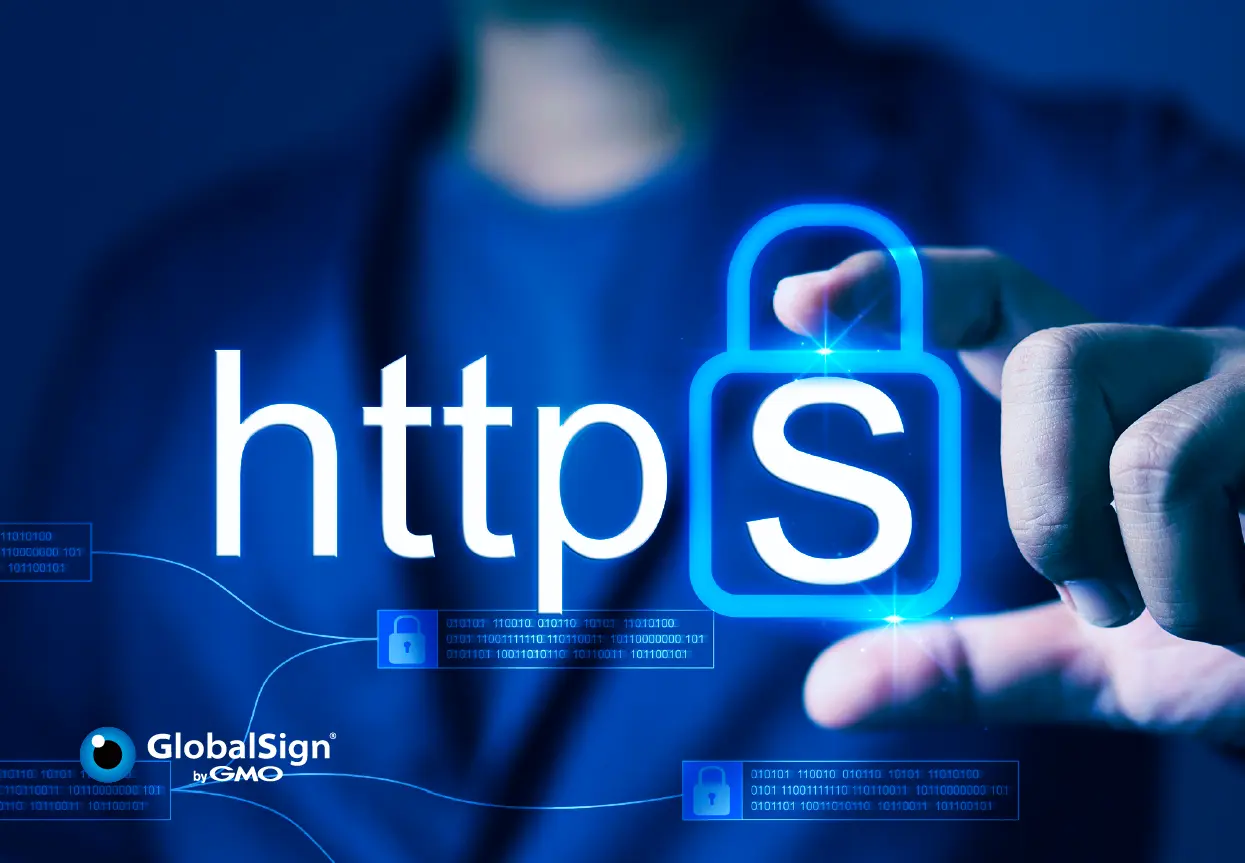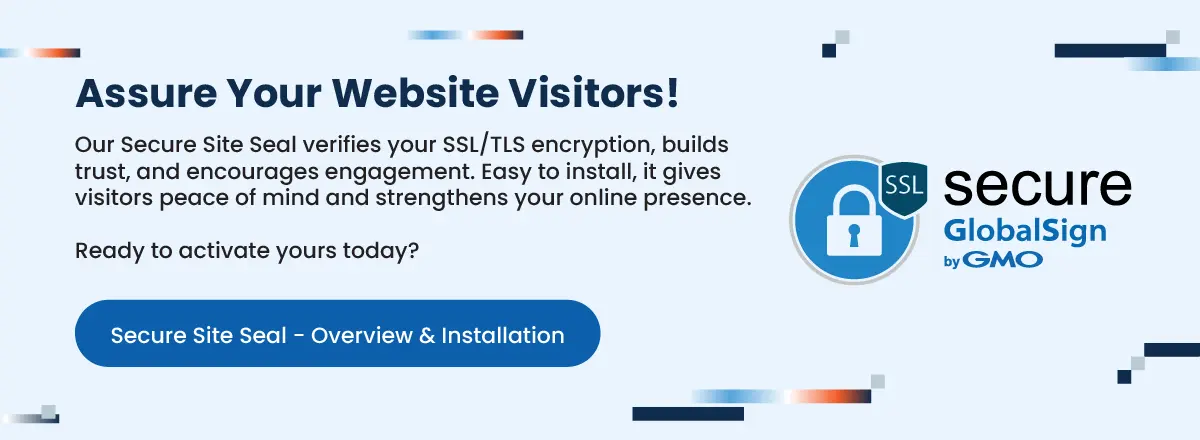In today's digital age, where trust is paramount, securing your website is essential. A paid SSL certificate issued by a trusted Certificate Authority is a cornerstone of online security. By encrypting data transmitted between your website and users' browsers, SSL certificates protect sensitive information such as credit card numbers, passwords, and personal data. This not only safeguards your customers' information but also enhances your website's credibility and search engine rankings. Especially for travel websites, where user trust is crucial, a strong security posture can significantly impact bookings and revenue. As travellers increasingly rely on online resources to book flights, accommodations, and tours, a secure website can differentiate your business and attract more customers.
A recent experience I had while traveling to Malaysia perfectly highlights the dangers posed by unverified websites and why SSL certificates from commercial Certificate Authorities (CAs) are crucial for protecting your business and customers.
A Real-World Example: The Fake Malaysia Digital Arrival Card Portal
While preparing for my trip to Malaysia, I needed to fill out the Digital Arrival Card, a requirement from Malaysia Immigration. As most tourists do, I searched online for the form. However, the top result on Google led me to a suspicious website asking for payment to complete the form. Knowing that Malaysia Immigration does not charge for the Digital Arrival Card unless a visa is required, I was immediately concerned.
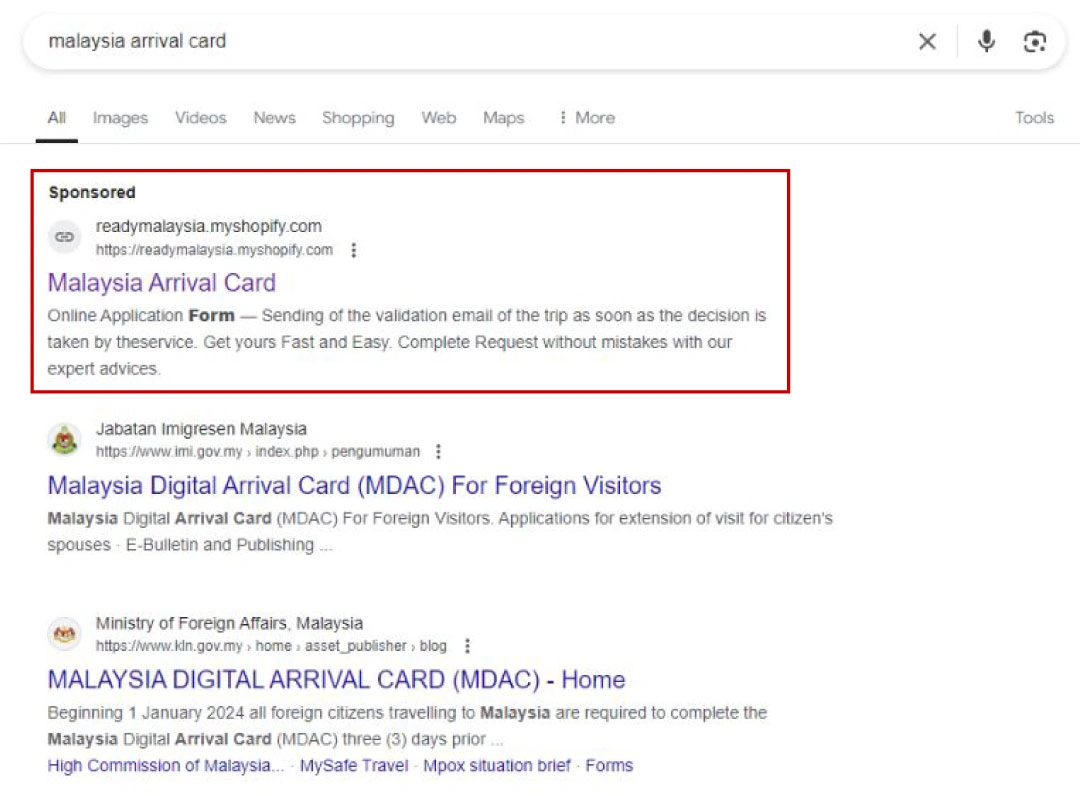
Upon investigation, I found that the second search result led to the official portal. It was here that I discovered Malaysian authorities had even issued a public warning about fake websites scamming travellers. This experience highlighted a broader issue: how easily scammers can exploit free SSL certificates to create fraudulent websites and deceive unsuspecting users.
As a GlobalSign employee for nearly seven years, I’ve developed a habit of checking the SSL certificates of every website I visit. When I examined the first search result, I noticed the SSL certificate lacked any organization information—an immediate red flag. This means that anyone with minimal technical knowledge can create such a website, install a free SSL certificate, and then sit back and wait for people to fall into their trap.
Further investigation revealed that the second link is the official website for the Malaysia Digital Arrival Card (MDAC). The Malaysian Immigration Department has issued a public notice warning travelers about a fraudulent MDAC portal.
Trusted Certificate Authorities (CAs)
A trusted Certificate Authority is a public trusted organization that issues digital certificates. Trusted by the Certificate Authority Browser Forum.
The Role of Certificate Authorities (CAs)
Over the years, the Certificate Authority Browser Forum has implemented numerous recommendations and changes to ensure a secure internet environment for users. When reviewing an SSL certificate, key information to look for includes:
-
Issued to: The organization that owns the website and its domain.
-
Issued by: The Certificate Authority that issued the SSL certificate.
-
Validity Period: The time frame in which the certificate is valid.
-
SHA-256 Fingerprint: The cryptographic hash used to secure any data exchanges on the website.
Now, let’s look at the SSL certificate from the official Malaysia Digital Arrival Card website.
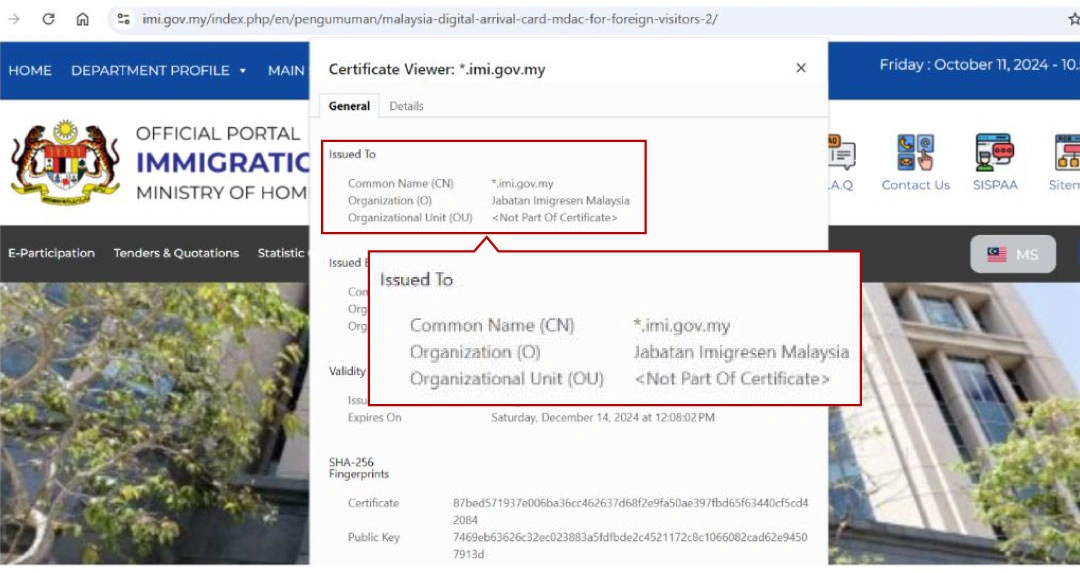
The Importance of Organization Validation
As shown in the official site’s SSL certificate, the organization name (Malaysia Immigration) is clearly stated. Why is this important? When a Certificate Authority issues an organization-level SSL certificate, they conduct a rigorous vetting process to verify the organization's registration information via trusted sources approved by the CA Browser Forum. This ensures that the CA knows exactly who they are issuing the SSL certificate to.
Furthermore, the requestor’s identity is verified to confirm they are an authorized representative of the organization. Both steps prevent SSL certificates from being issued to impostors.
The Risks of Free SSL Certificates
In recent years, many organizations have opted for free SSL certificates or those provided by web hosting providers, often due to cost concerns. However, these certificates are typically domain-validated and not suited for businesses involved in commercial transactions or sensitive information exchanges. Organization-level SSL certificates, on the other hand, assure visitors that the website they are interacting with is legitimate and secure.
Free SSL certificates are often used by scam websites. Fraudsters may purchase domain names that mimic well-known companies and install free SSL certificates to bypass browser security checks. These websites can easily deceive users who aren’t familiar with how to verify SSL certificates.
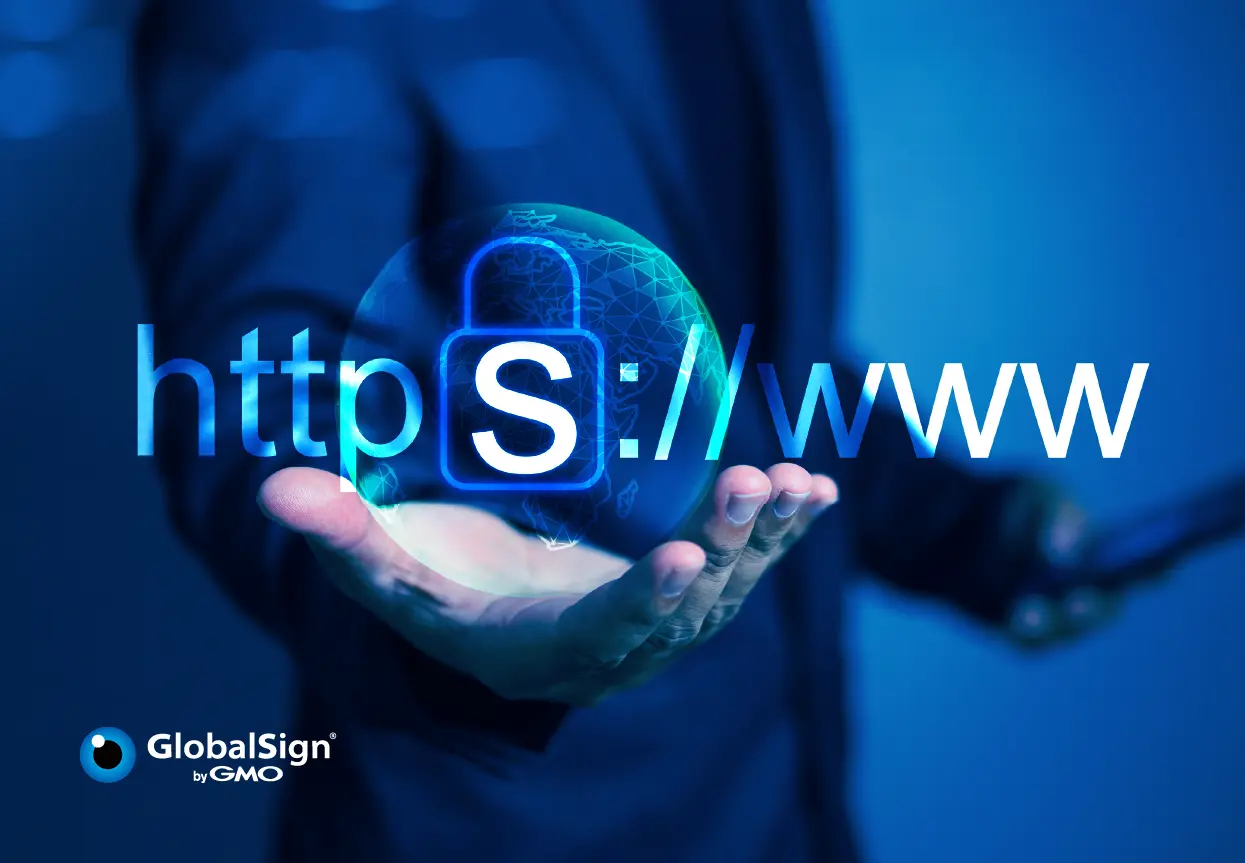
The Benefits of a Paid SSL Certificate
While free SSL certificates from web service providers are available, they often lack the robust security features and support offered by paid SSL certificates from major certificate authorities.
-
Stronger Encryption: Paid SSL certificates from commercial CAs often offer higher levels of encryption, providing enhanced security for your website.
-
Enhanced Trust: Websites with SSL certificates issued by well-known CAs inspire greater trust among users, leading to increased conversions and customer confidence.
-
Dedicated Support: Commercial CAs offer dedicated technical support to help you troubleshoot issues and ensure optimal security.
-
Regular Security Updates: CAs regularly update their certificates to address vulnerabilities and maintain the highest security standards.
-
Intermediate Certificate Authorities: Commercial CAs have a reliable infrastructure of intermediate Certificate Authorities that validate the authenticity of the certificate issuer.
-
Certificate Authority Server: A Certificate Authority server is responsible for issuing and managing digital certificates. Commercial CAs operate highly secure CA servers to protect the integrity of their certificates.
By investing in a paid SSL certificate from a reputable enterprise Certificate Authority, you can safeguard your business reputation, protect your customers' sensitive information, and boost your website's credibility.
Why Choose a Commercial SSL Certificate?
This article is not intended to suggest that commercial Certificate Authorities are necessary for everyone. However, for businesses, a paid SSL certificate from a trusted CA provides several benefits. It ensures that the SSL certificate requestor has been vetted, reducing the risk of mis-issuance. Commercial SSL certificates also come with insurance and direct support, offering protection that free certificates simply do not.
In conclusion, while free SSL certificates may suffice for personal blogs or small projects, businesses must prioritize security to maintain trust and protect their reputation. An SSL certificate from a commercial CA is an essential layer of protection that can prevent costly scams and ensure peace of mind for both the business and its customers.



